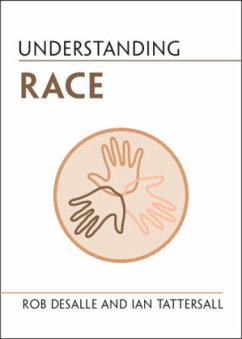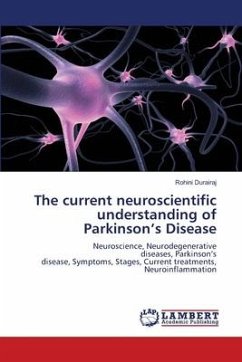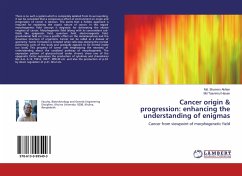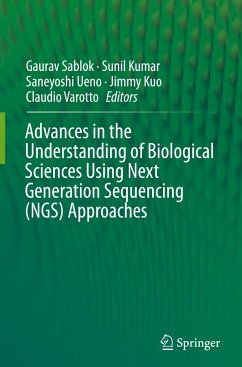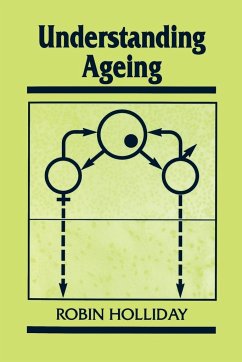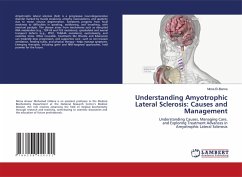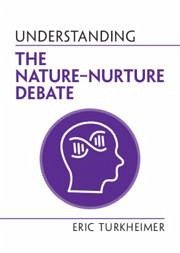
Understanding the Nature¿Nurture Debate
Versandkostenfrei!
Sofort lieferbar
14,99 €
inkl. MwSt.

PAYBACK Punkte
7 °P sammeln!
There are arguably few areas of science more fiercely contested than the question of what makes us who we are. Are we products of our environments or our genes? Is nature the governing force behind our behaviour or is it nurture? While it is now widely agreed that it is a mixture of both, discussions continue as to which is the dominant influence. This unique volume presents a clear explanation of heritability, the ongoing nature versus nurture debate and the evidence that is currently available. Starting at the beginning of the modern nature-nurture debate, with Darwin and Galton, this book d...
There are arguably few areas of science more fiercely contested than the question of what makes us who we are. Are we products of our environments or our genes? Is nature the governing force behind our behaviour or is it nurture? While it is now widely agreed that it is a mixture of both, discussions continue as to which is the dominant influence. This unique volume presents a clear explanation of heritability, the ongoing nature versus nurture debate and the evidence that is currently available. Starting at the beginning of the modern nature-nurture debate, with Darwin and Galton, this book describes how evolution posed a challenge to humanity by demonstrating that humans are animals, and how modern social science was necessitated when humans became an object of natural science. It clearly sets out the most common misconceptions such as the idea that heritability means that a trait is 'genetic' or that it is a justification for eugenics.





